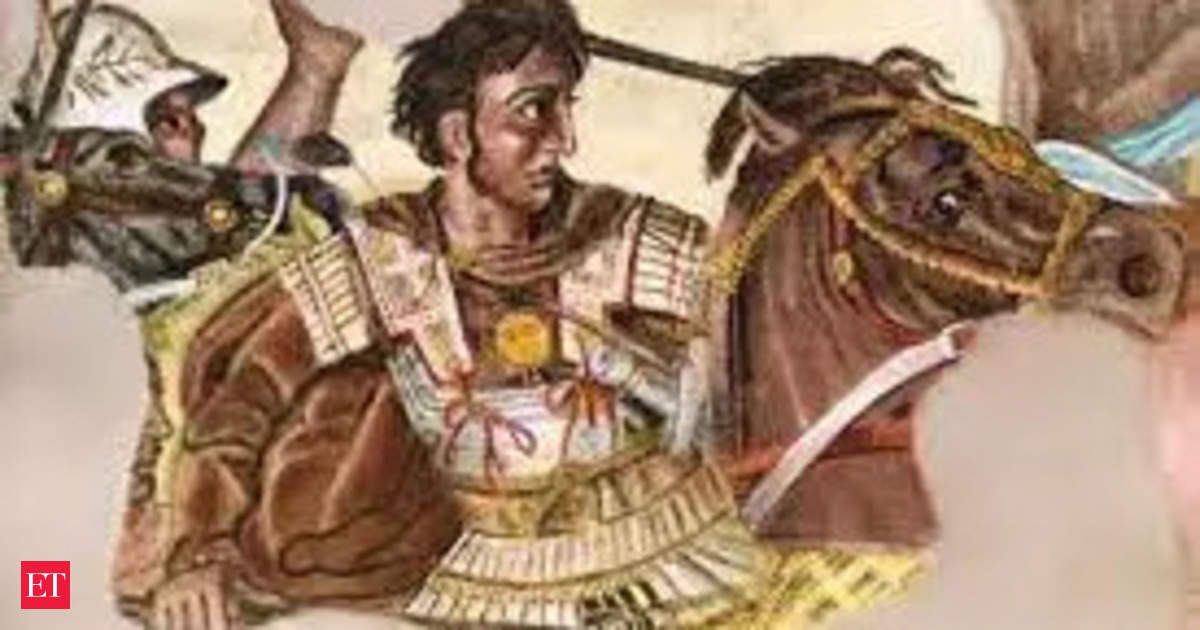In a remarkable archaeological discovery, the tomb of a courtesan believed to have lived during the time of Alexander the Great has been uncovered in Jerusalem, Israel. The tomb contains the cremated remains of a young woman identified as a hetaira, a high-class escort from ancient Greece. The discovery sheds light on the Hellenistic period in Israel and its customs, including cremation.
The tomb, located in the southern region of Jerusalem, has provided valuable insights into the lives of hetairai during ancient times. Hetairai were not merely limited to providing sexual services but also offered intellectual companionship to elite clients. It is speculated that the woman buried in the tomb may have accompanied Alexander the Great’s armies or his successors during their reigns.
The location of the tomb along a highway and its distance from any known settlements of that period initially puzzled researchers. However, the discovery of an exceptionally well-preserved box mirror, a rare artifact associated with Greek women, provided a clue to unravel the mystery. These mirrors, often featuring depictions of idealized females or goddesses, were usually received as gifts. The presence of such a mirror in the tomb strongly suggests that the woman buried there was a hetaira.
The tomb’s location and the presence of the box mirror indicate that the deceased woman was likely accompanying a moving army, a role rarely fulfilled by Greek wives. This discovery challenges traditional notions of gender roles and highlights the significance of hetairai in ancient Greek society.
The remains in the tomb are estimated to date back to the late 4th or early 3rd century BC. Further tests will be conducted to determine more about the woman’s identity and the army she may have been associated with.
Archaeologists have commended the significance of this discovery in combining archaeology and research to provide a deeper understanding of ancient cultures. The excavation and study of seemingly simple objects like the box mirror reveal insights into forgotten and vanished ancient worlds.
In conclusion, the unearthing of this enigmatic tomb offers valuable knowledge about the lives of hetairai during the Hellenistic period in Israel. It sheds light on the customs and practices of that era, including cremation. The discovery of the tomb and its contents, such as the box mirror, contribute to our understanding of ancient Greek society and challenge preconceived notions about gender roles. This archaeological find adds to the rich tapestry of historical knowledge surrounding Alexander the Great and his influence on the regions he conquered.











